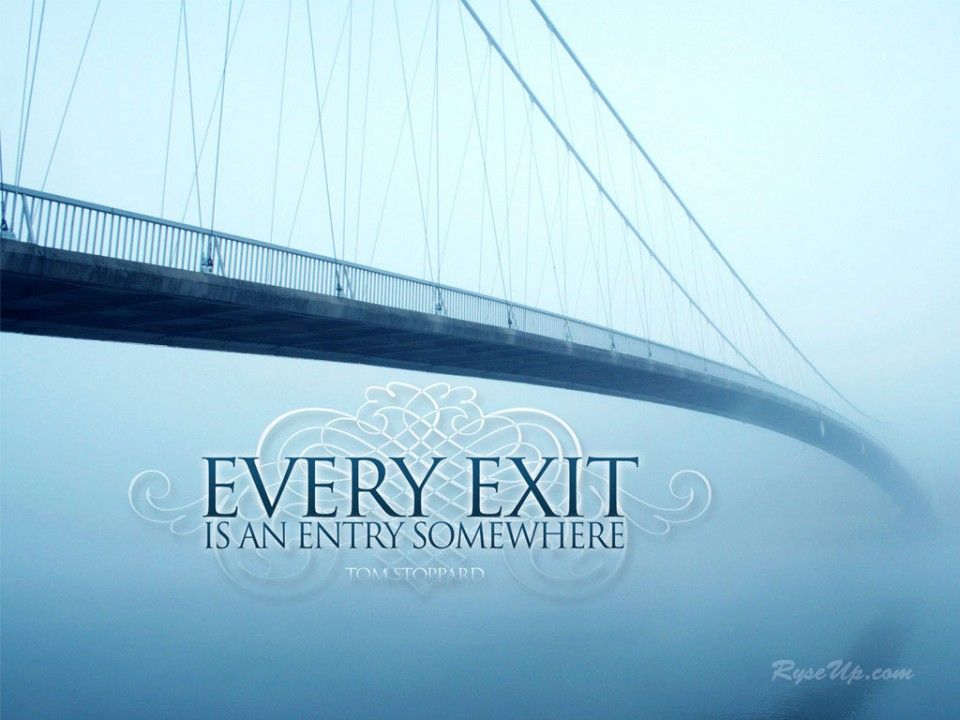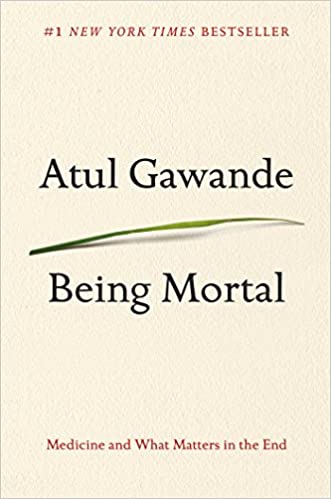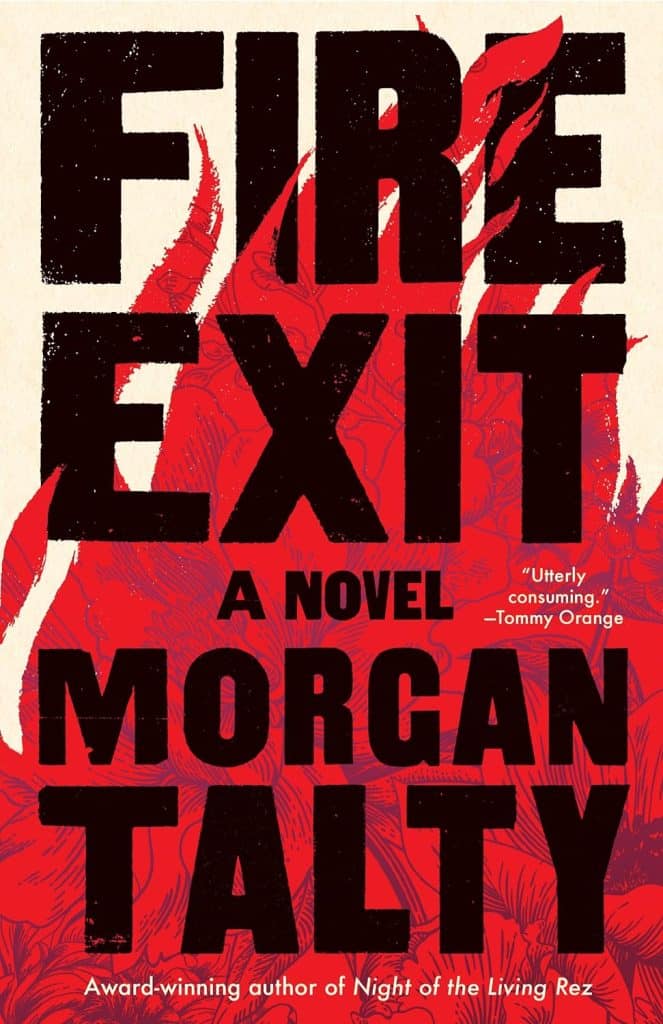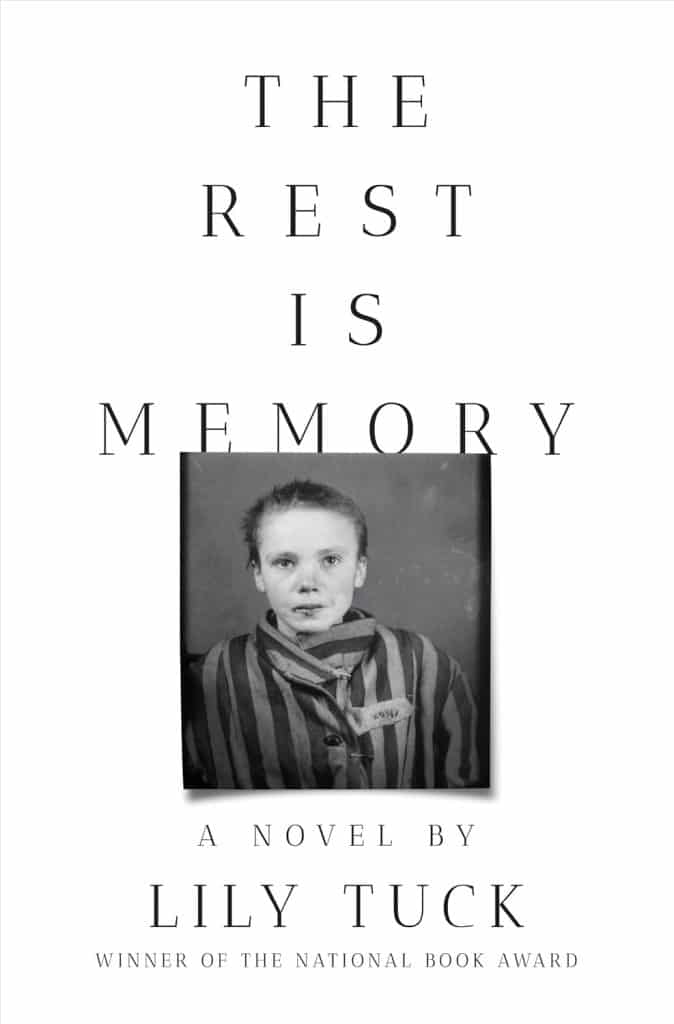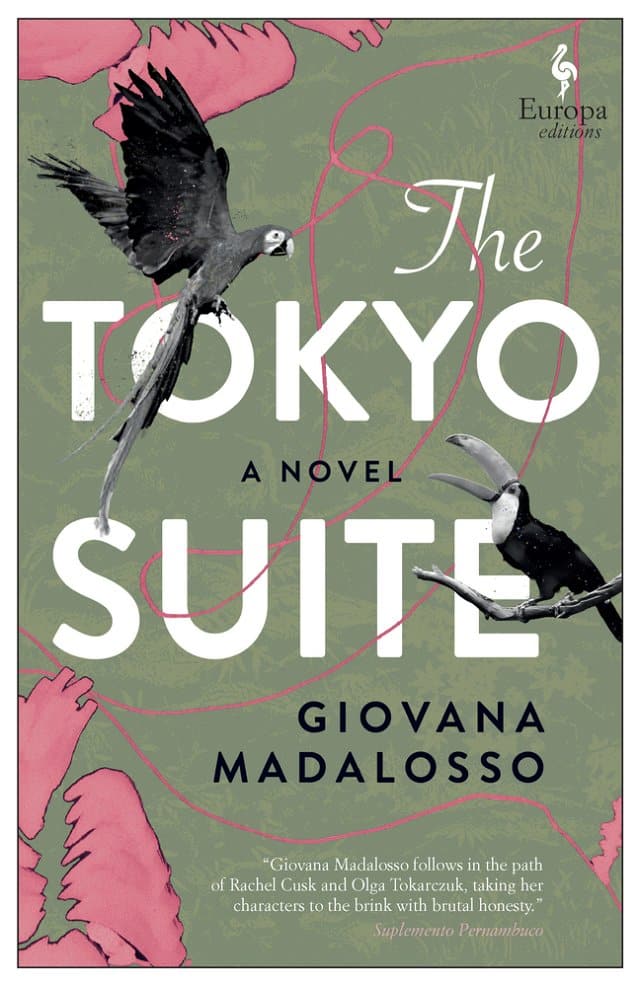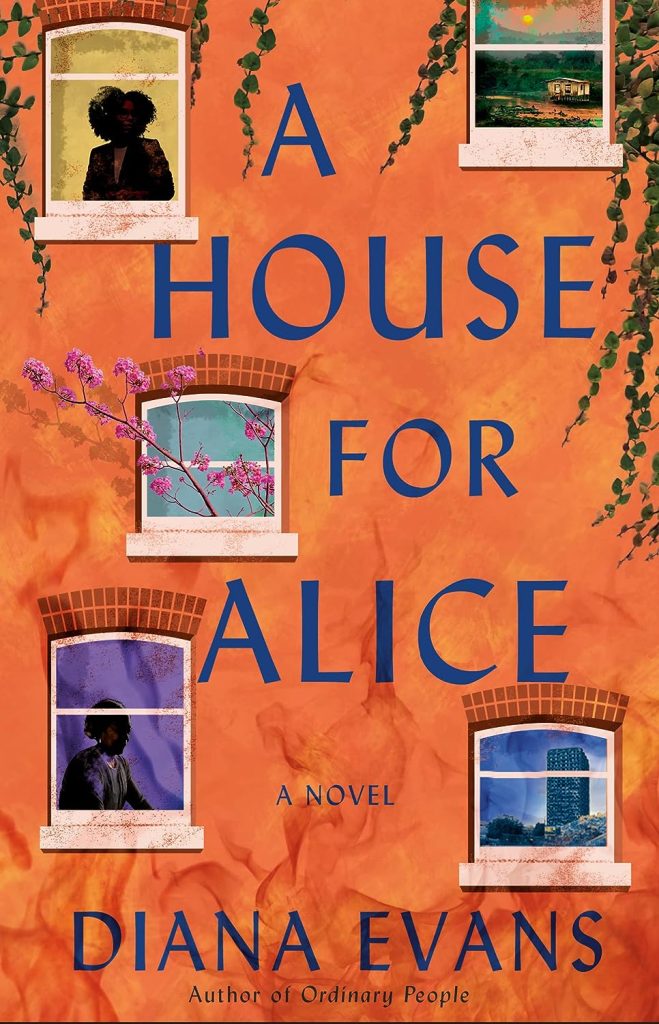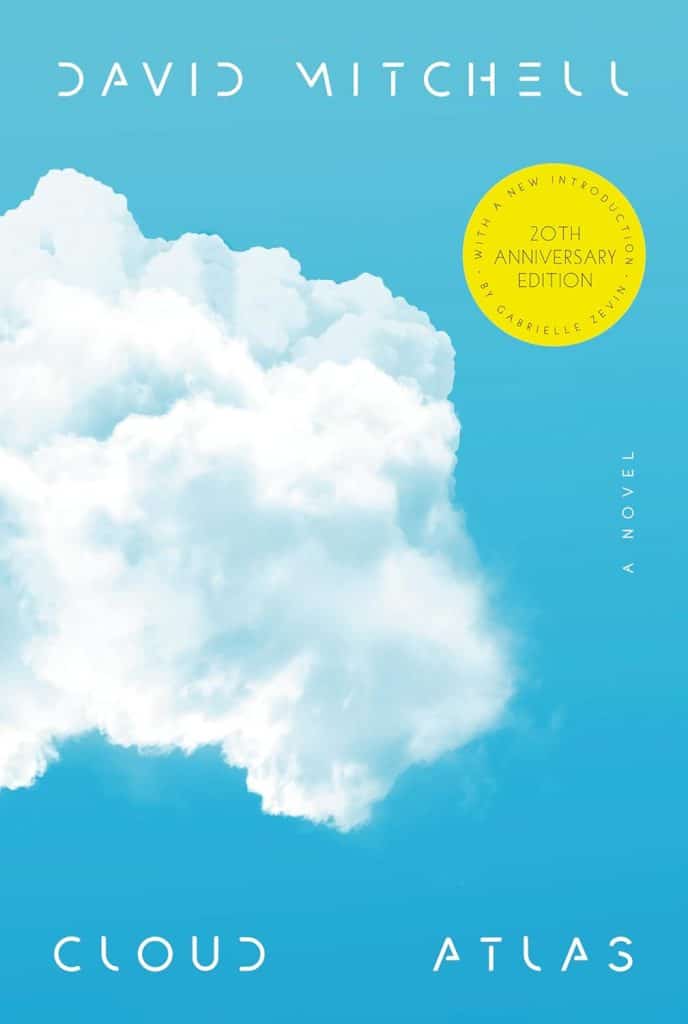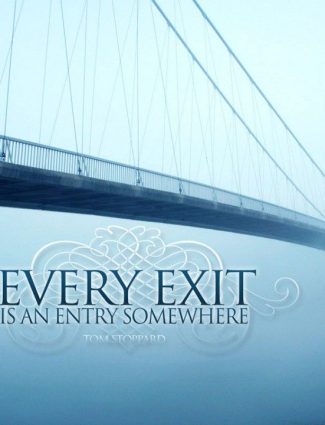
Every Door is an Exit to the Future
Estimated reading time: 1 minute, 28 secondsThe tunnel of grief we are traversing is not a cul-de-sac; it is an underpass with an opening.
The challenge is to remain vigilant until the end of our journey.
Since I heard Jan was coming home for hospice, I have stayed focused on my pilgrimage thru all the lonely and dark days and nights.
It has never been easy, but I have become far more resilient, as grief is a great teacher.
I have written about love, grief, life, and all things considered.
With Hanson Park, I have created the Jan Lilien Memorial Garden with a Wind Sculpture and the Jan Lllien Education Fund.
Yet I have found myself confused over the almost twenty months since the commencement of the mourning.
What bewilders me is how, if possible, to exit from this odyssey.
Is there more than one exit?
Many of my fellow widows are partnering. Is that the only means of ending our grief?
My preference is that there are multiple doors, as Tom Stoppard opined, and each “exit is an entry somewhere.”
I believe I am still married. The exit I desire is one in that Jan’s spirit will be with me, and together we can continue to repair the world.
The Jan Lilien Education Fund sponsors ongoing sustainability and environmental awareness programs. Gifts made this month; I will match dollar-for-dollar. All donations are tax-deductible.
I receive a commission when you buy a book or product using a link on this page. Thank you for supporting Sharing Jan’s Love blog.




